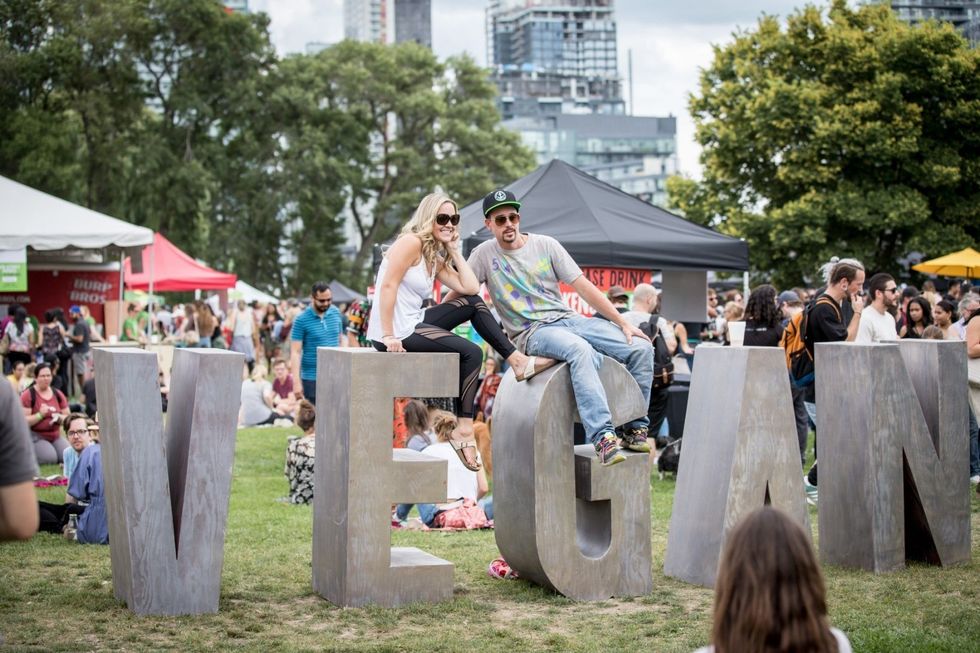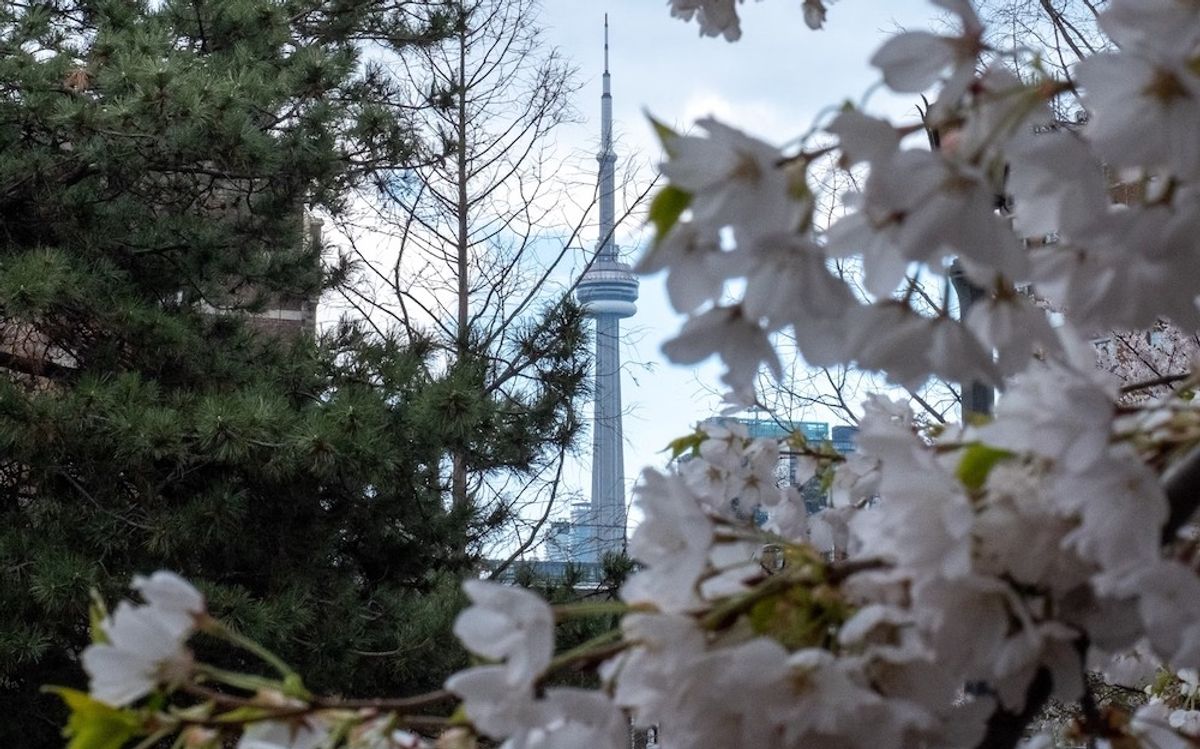
Toronto’s Yorkville neighbourhood — today best known for its expensive residences and luxury retailers — was once the home of our own cultural revolution.
Unlike the hippie movement that swept through San Francisco in the late 1960's, or the flashpoints of anti-war protest and rage in cities like Chicago and on campuses like Berkeley, civil unrest in Toronto during the decade of change was limited mostly to a few coffee shops and folk music clubs along Yorkville Avenue.
It was, in many ways, a typically Toronto-esque approach to community protest.
But things are changing in Toronto the Good.
If recent media headlines and broadcast news coverage can be believed, Toronto is on the cusp of a new age of urban protest.
And its apparently being lead from Parkdale.
Whether its residents are fighting rent increases or protesting development applications, the “community” seems to be in a perpetual state of outrage.
READ: In Toronto’s Housing Game, Renters Are Striking Out
Type “Parkdale Protest” into Google and 152,000 results are returned (in .37 seconds!!!).
Articles and images abound, publicizing the efforts of residents and activists to mobilize against perceived injustices in this historic Toronto neighbourhood.
And whether or not you agree with their ‘cause,’ civic engagement and passion-filled participation in the issues of the day can’t be a bad thing for a progressive city like Toronto, can it?
The answer for me would have been no ...
Until last week, when Parkdale’s ‘revolutionary front’ set its sights on vegans.
Vegans!
As reported recently in the Toronto Star and in other local news outlets, protesters led by the Parkdale Neighbourhood Land Trust and an anonymous group called Parkdale Life spent a beautiful August weekend in the city plotting against a chain of vegan restaurants and retailers called Vegandale.
Restaurants and retailers who had the nerve to open in their community.
The protester's apparent demands: the removal of all Vegandale branding, as well as the cancellation of a planned ‘block party.’
READ: Toronto Vegan Food Scene Is Throwing The City’s Biggest Vegan Festival Ever
In some regrettable on-the-record comments to the Star, organizers noted that it is obnoxious to “come into a vibrant and diverse neighbourhood and rebrand it for your corporation,” adding that their “abrasive signage about being morally superior...(is)…off-putting and divisive.”
A Parkdale resident added to the article, pointing out that “first of all, Vegandale is not even a real thing”.
Really?
That astute observation aside, it does prompt us to question just what is Parkdale?
Is it the current iteration which the resident notes has been “built by Tibetan, Latino, Filipino and other landed immigrants,” or is it the Parkdale of the turn-of-the-century whose stately homes were built for the elite and meant to challenge Rosedale as the burgeoning city’s most desirable location?
The truth is that it's both. And neither.
Neighbourhoods, like the people who inhabit them, are meant to change and evolve over time.
To reflect not just who we were, or who we are, but who we want to be.
READ: Toronto Needs A New City Slogan. Here Are Some Possible Slogans …
When the Great Vegandale Revolt of 2018 is studied by future city historians, it will be seen as a movement that likely had nothing at all to do with corporate branding and tofu hotdogs, but rather about a community’s fear of change.
Parkdale, like so many of our great neighbourhoods, boasts a complex and dynamic history, an independent spirit, and a distinctive character that must be protected.
Protected, but not paralyzed.
That new businesses want to open in Parkdale and that renters and homeowners want to reside there, isn’t something to fear.
It's not a challenge and it's not a threat.
It's an opportunity.
A chance for planners, politicians, business owners and residents to welcome the challenges and opportunities that come with change, and perhaps, a chance to enjoy a tempeh burger with soy bacon along the way.




















